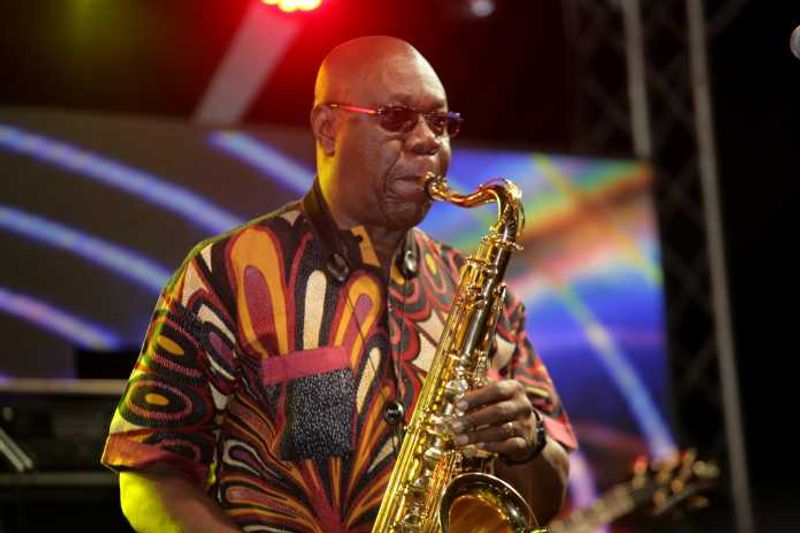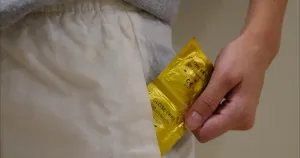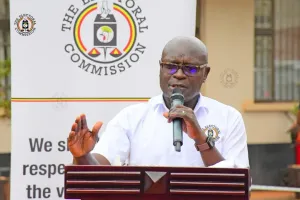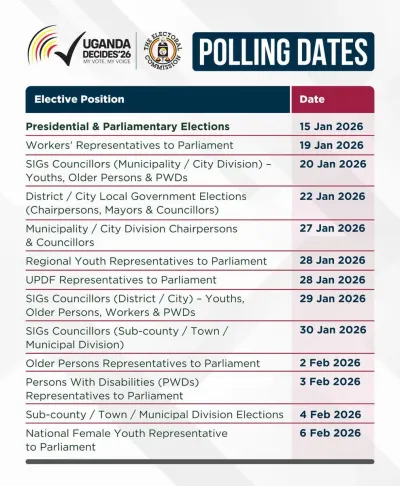

Manu Dibango
Cameroonian Afro-jazz singer Manu Dibango 86, has died after contracting Coronavirus.
“He died early this morning in a hospital in the Paris region,” his music publisher Thierry Durepaire confirmed.
He was best known for the 1972 hit ‘Soul Makossa’, is one of the first worldwide stars to die as a result of COVID-19 according to a post on his facebook page.
“His funeral service will be held in strict privacy, and a tribute to his memory will be organized when possible,” the message said.
Dibango graced Isaiah Katumwa’s jazz concert in April 2018 at Kampala Serena hotel was one of the pioneers of Afro-jazz and also fused funk with traditional Cameroonian music.
In 2009, he filed a lawsuit against both Rihanna and the late Michael Jackson, claiming the artists have nicked one of his hooks.
Dibango, 75, at that time pointed to one of the most famous bits in Jackson’s 1983 track, ‘wanna be starting something’ In that song, the King of Pop ends the chorus with a nonsensical chant, “mama-say mama-sa ma-ma-coo-sa,” words that sound awfully close to the Duala chant in Dibango’s classic Soul Makossa.
Jackson had already admitted to borrowing the line, according to the AFP, settling with Dibango out of court.
Biography
Emmanuel N’Djoké Dibango (12 December 1933 – 24 March 2020)[2] was a Cameroonian musician and songwriter who played saxophone and vibraphone. He developed a musical style fusing jazz, funk, and traditional Cameroonian music.
Early life
Dibango was born in Douala, Cameroon. His father, Michel Manfred N’Djoké Dibango, was a civil servant. Son of a farmer, he met his wife travelling by pirogue to her residence, Douala. A literate woman, she was a fashion designer, running her own small business. Both her ethnic group, the Duala, and his, the Yabassi, viewed this union of different ethnic groups with some disdain.
Dibango had no siblings, although he had a stepbrother from his father’s previous marriage who was four years older than he was.
In 1941, after being educated at his village school, Dibango was accepted into a colonial school, near his home, where he learned French. He admired the teacher, whom he described as “an extraordinary draftsman and painter.
Carrier
He was a member of the seminal Congolese rumba group, African Jazz, and has collaborated with many other musicians, including Fania All Stars, Fela Kuti, Herbie Hancock, Bill Laswell, Bernie Worrell, Ladysmith Black Mambazo, King Sunny Adé, Don Cherry, and Sly and Robbie.
He achieved a considerable following in the UK with a disco hit called “Big Blow”, originally released in 1976 and re-mixed as a single in 1978 on Island Records. In 1998, he recorded the album CubAfrica with Cuban artist Eliades Ochoa. GRAMMY nominated artist.
The song “Soul Makossa” on the record of the same name contains the lyrics “makossa”, which means “dance” in his native tongue, the Cameroonian language Duala. It has influenced popular music hits, including Kool and the Gang’s “Jungle Boogie”
He served as the first chairman of the Cameroon Music Corporation, with a high profile in disputes about artists’ royalties. Dibango was appointed a UNESCO Artist for Peace in 2004.
His song, “Reggae Makossa”, is featured on the soundtrack to the 2006 video game Scarface: The World Is Yours. In August 2009, he played the closing concert at the revived Brecon Jazz Festival. In July 2014, he made an 80th anniversary concert at Olympia, France which was broadcast by TV5Monde.
In 2009 he filed a lawsuit claiming that “Don’t Stop the Music” and “Wanna Be Startin’ Somethin'” used the “Mama-say, mama-sa, ma-ma-ko-ssa” hook without his permission.
According to Dibango, the line is from his 1972 single “Soul Makossa”. Agence France-Presse reported that Jackson admitted that he borrowed the line for “Wanna Be Startin’ Somethin'” and settled out of court.
When Rihanna asked Jackson in 2007 for permission to sample the line, he allegedly approved the request without contacting Dibango beforehand.
Dibango’s attorneys brought the case before a court in Paris, demanding €500,000 in damages and asking for Sony BMG, EMI and Warner Music to be “barred from receiving ‘mama-say mama-sa’-related income until the matter is resolved”.
The judge ruled that Dibango’s claim was inadmissible: a year earlier, a different Paris-area judge had required Universal Music to include Dibango’s name in the liner notes of future French releases of “Don’t Stop the Music”, and, at the time of this earlier court appearance, Dibango had withdrawn legal action, thereby waiving his right to seek further damages.
On 8 September 2015, Michaelle Jean, Secretary General of the Organisation Internationale De la Francophonie, honours Manu Dibango with the title of Grand Témoin de la Francophonie aux Jeux Olympiques et Paralympiques de Rio 2016
He died on 24 March 2020 after contracting the deadly Corona Virus (COVID-19) disease.














Sunrise Rafiki
Leave a Comment
Your email address will not be published.